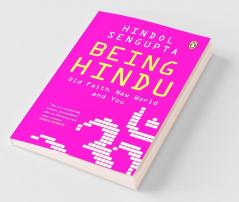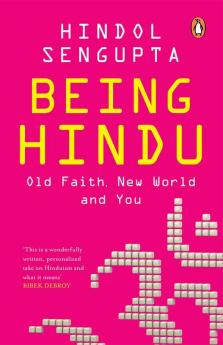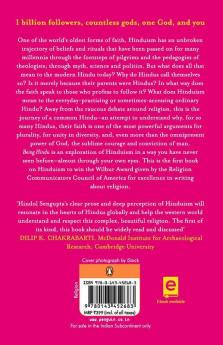English
Paperback
₹316
₹399
20.8% OFF
(All inclusive*)
Delivery Options
Please enter pincode to check delivery time.
*COD & Shipping Charges may apply on certain items.
Review final details at checkout.
Looking to place a bulk order? SUBMIT DETAILS
About The Book
Description
Author
One of the world's oldest forms of faith Hinduism has an unbroken trajectory of beliefs and rituals that have continued for many millennia through the footsteps of pilgrims and the pedagogies of theologists; through myth science and politics. But what does all that mean to the modern Hindu today? Why do Hindus call themselves so? Is it merely because their parents were Hindus? In what way does the faith speak to those who profess to follow it? What does Hinduism mean to the everyday-practicing or sometimes-accessing ordinary Hindu? <p/> Away from the raucous debate around religion this is the journey of a common Hindu an attempt to understand why for so many Hindus their faith is one of the most powerful arguments for plurality for unity in diversity and even more than the omnipresent power of God the sublime courage and conviction of man. Being Hindu is an exploration of Hinduism in a way you have never seen before almost through your own eyes. <p/><b>This is the first book on Hinduism to have won the Wilbur Award given by the Religion Communicators Council of America for excellence in writing about religion.</b>
Delivery Options
Please enter pincode to check delivery time.
*COD & Shipping Charges may apply on certain items.
Review final details at checkout.
Details
ISBN 13
9780143452683
Publication Date
-02-12-2021
Pages
-256
Weight
-236 grams
Dimensions
-129x198x13.7 mm
Imprint
-Penguin Random House India Pvt.Ltd.














